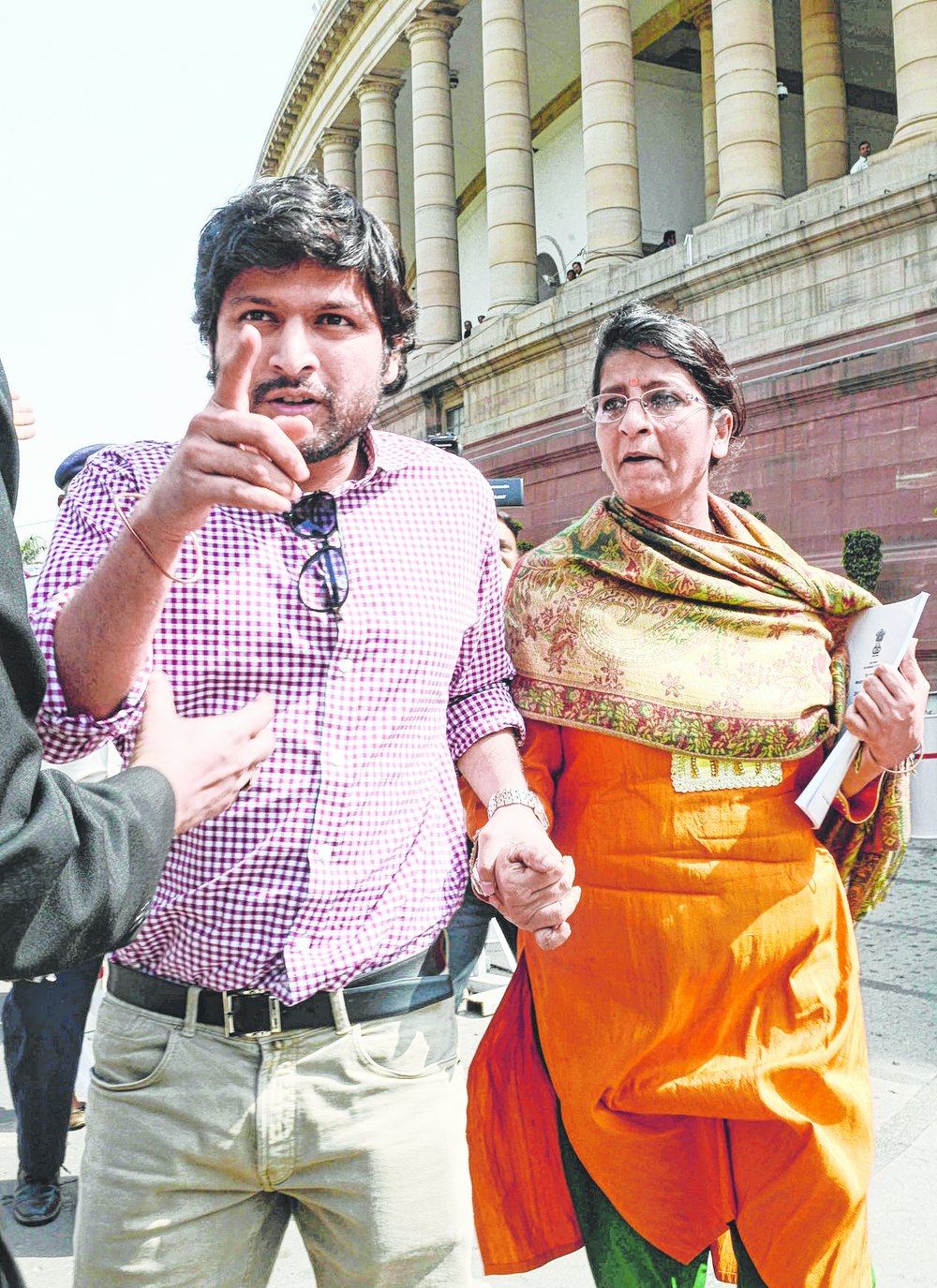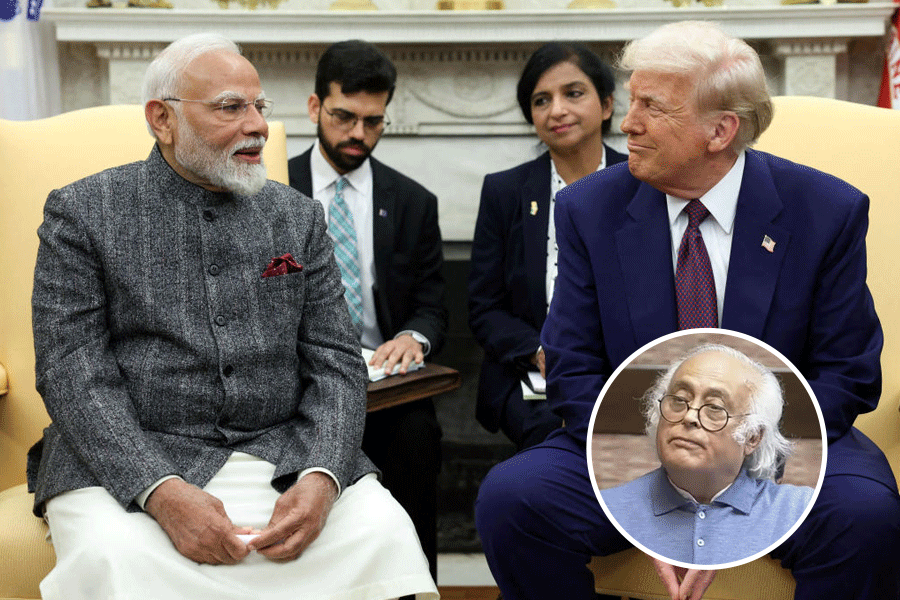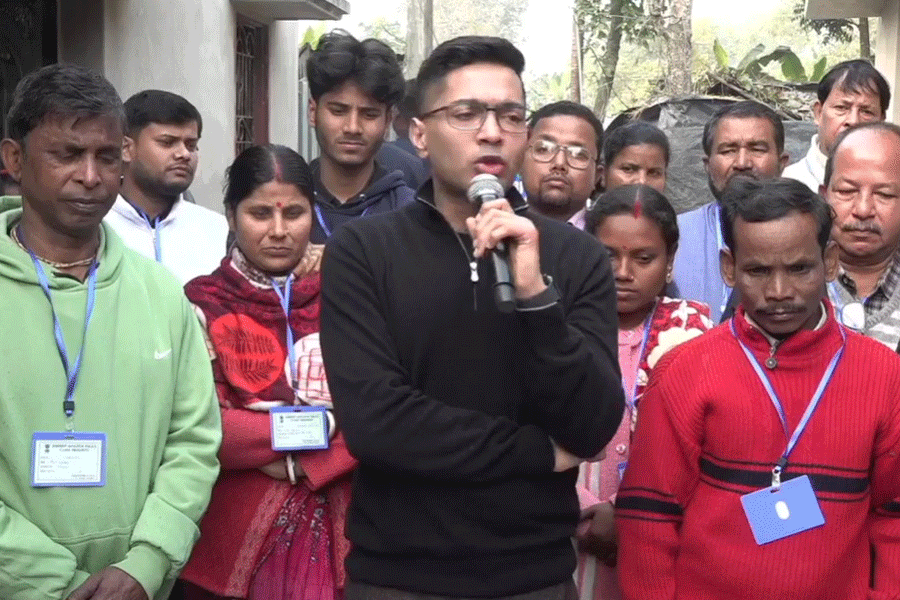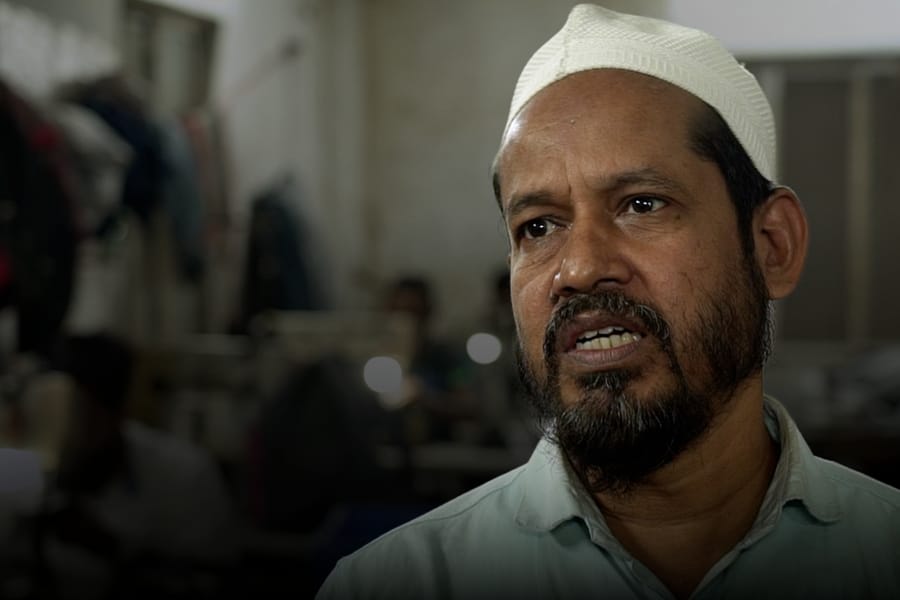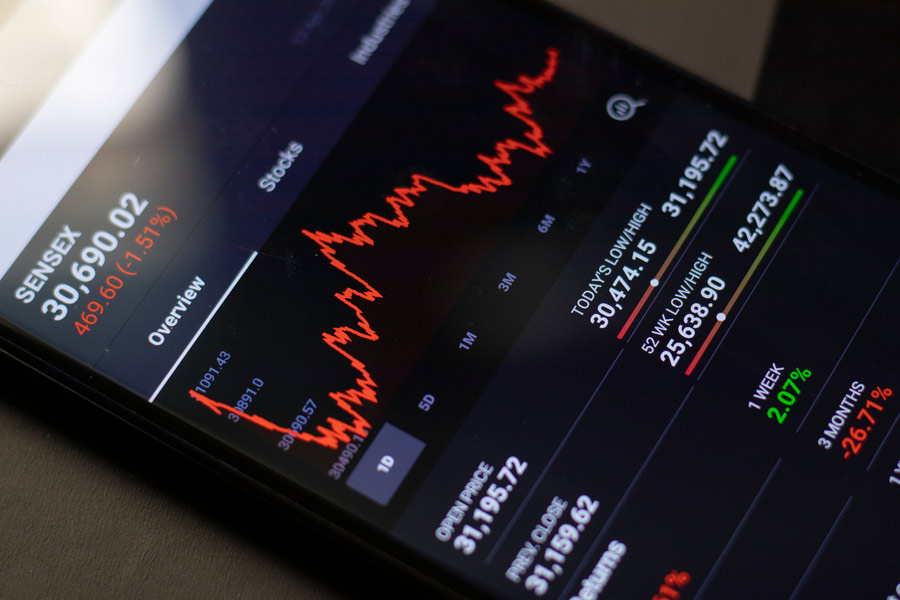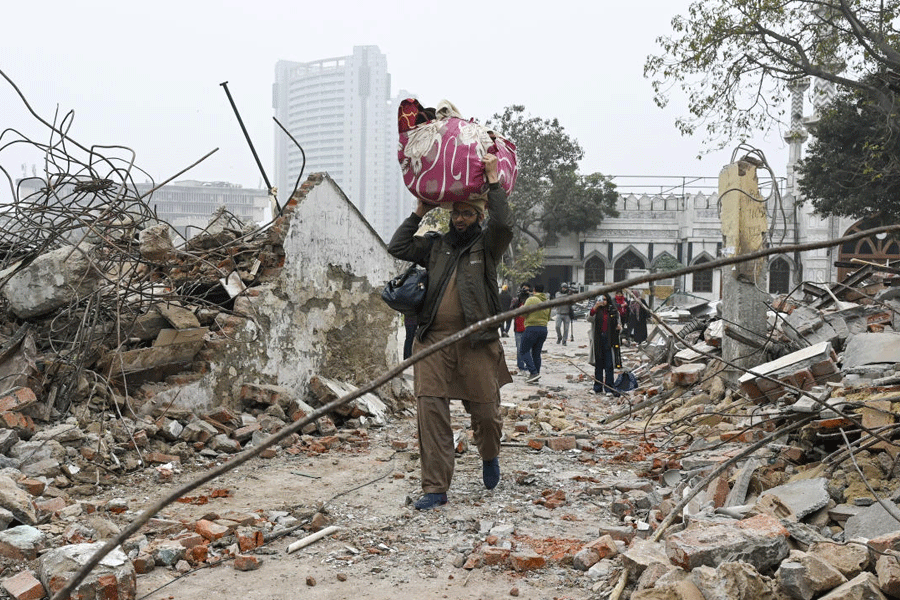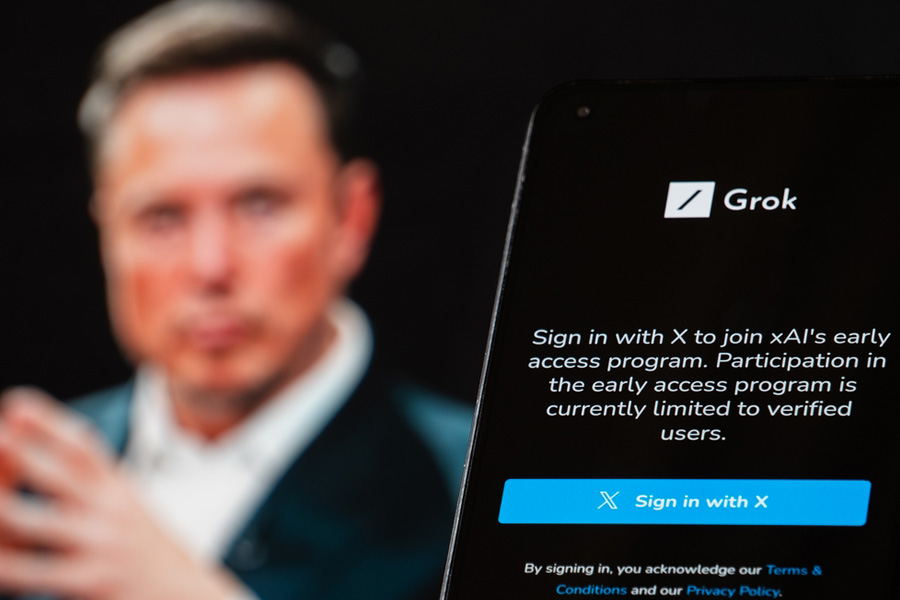
New Delhi, Feb. 26: Suresh Prabhakar Prabhu, 61, has been a harbinger of change in Indian politics.
In 1996, when he strode up to take oath as a Union minister in the Atal Bihari Vajpayee government, the chartered accountant in his early 40s had stood out from among his fellow inductees.
In a sea of dhoti-kurtas and kurta-pyjamas, Prabhu alone wore a shirt and trousers.
His sartorial distinctiveness was put down to the party he belonged to. The Shiv Sena, a BJP ally, had started out as a Mumbai-centred outfit of white and blue-collar workers before foraying into the villages.
Prabhu was one of just three professionals to have made it to Vajpayee's ministry, the others being Arun Shourie, a World Bank economist turned Indian Express editor, and the former army officer Jaswant Singh.
Prabhu belongs to Maharashtra's Konkan region but grew up in Mumbai, graduating in commerce and law and eventually rising to become the director of a cooperative bank.
Before joining politics, he engaged with civil society through a residents' association, a hospital, an adult literacy institute and a Marathi writers' forum.
When he took the plunge in the mid-1990s, he chose the Sena, then the senior partner in the coalition in Maharashtra. He fitted the party's profile well because his idea of politics was defined by his social outreaches in an urban area.
But the Sena chose Rajapur in Konkan to field Prabhu in 1996. He thrashed Congress strongman Sudhir Sawant by one-and-a-half lakh votes.
Prabhu retained the constituency in 1998 and covered himself in glory the next year when he trounced Socialist stalwart Madhu Dandavate from the seat.
Dandavate had been the Rajapur MP without break from 1971 to 1996 but, returning after three years, lost to his younger rival.
Prabhu was picked to be a minister in each of Vajpayee's governments because his party boss, Bal Thackeray, wanted an educated, articulate and moderate politician as his man in Delhi.
But Prabhu's last stint in Vajpayee's government was a chequered one. His portfolios were shuffled thrice: from fertilisers and chemicals to heavy industries and public enterprises to power.
Additionally, he chaired a task force on river-interlinking, a pet Vajpayee project.
But Prabhu courted trouble by appearing keener to please Vajpayee than Thackeray, a man touchy about his ability to "remote-control" his representatives in the capital.
When Thackeray pulled the plug and asked Prabhu to resign as power minister, he went out without a squeak.
In a newspaper interview, the unnervingly candid Balasaheb called Prabhu an "Alice in Wonderland" who was trying to be as "clean" as Rajiv Gandhi. Vajpayee didn't react.
Nor was there any early hint that Prabhu might be contemplating a switch in political affiliations to the BJP. He won a fourth time from Rajapur on a Sena ticket but the NDA was voted out that year.
Prabhu drifted away from politics, turning to academics and networking with global organisations concerned with the environment and energy.
He earned a doctorate on climate change from Berlin's Frei University and another on public finance from Mumbai University.
Around 2010, when Narendra Modi began working on a blueprint to realise his national ambitions, he asked Prabhu to be his resource person on energy and environment, specifically climate change.
Prabhu began interacting regularly with Modi. In 2012, he shared a platform with RSS chief Mohanrao Bhagwat and BJP leaders while launching a book on Shivaji in Delhi.
Still, Prabhu steadfastly denied that he had plans to join the BJP. Shortly after Modi became Prime Minister, he was asked to head a panel on power.
A possible induction into the Union cabinet looked problematic, though. To be able to form a coalition government in Maharashtra, the BJP needed to make up with estranged ally Sena whose chief, Uddhav Thackeray, was in no mood to forgive Prabhu.
But Modi, desperately hunting for talent to brighten up his lacklustre cabinet, bit the bullet and took Prabhu in as railway minister after a BJP-Sena government had ensconced itself in Mumbai.
By then, a weary Sena hadn't the energy to protest too much except to once question the propriety of a move that had raised eyebrows across the political establishment: Prabhu's entry into the BJP as a primary member hours before his swearing-in.
He was elected to the Rajya Sabha almost immediately from Haryana, where the BJP had formed its first majority government. That too set off titters within the party because nobody was sure just how much Hindi Prabhu spoke.
When he switched to Hindi in Parliament today, lacing his first railway budget speech with adages and puns, he perhaps meant to answer his party sceptics.
Prabhu is married to a former journalist, Uma Keni. Their son Ameya works for a Mumbai renewable energy firm.

